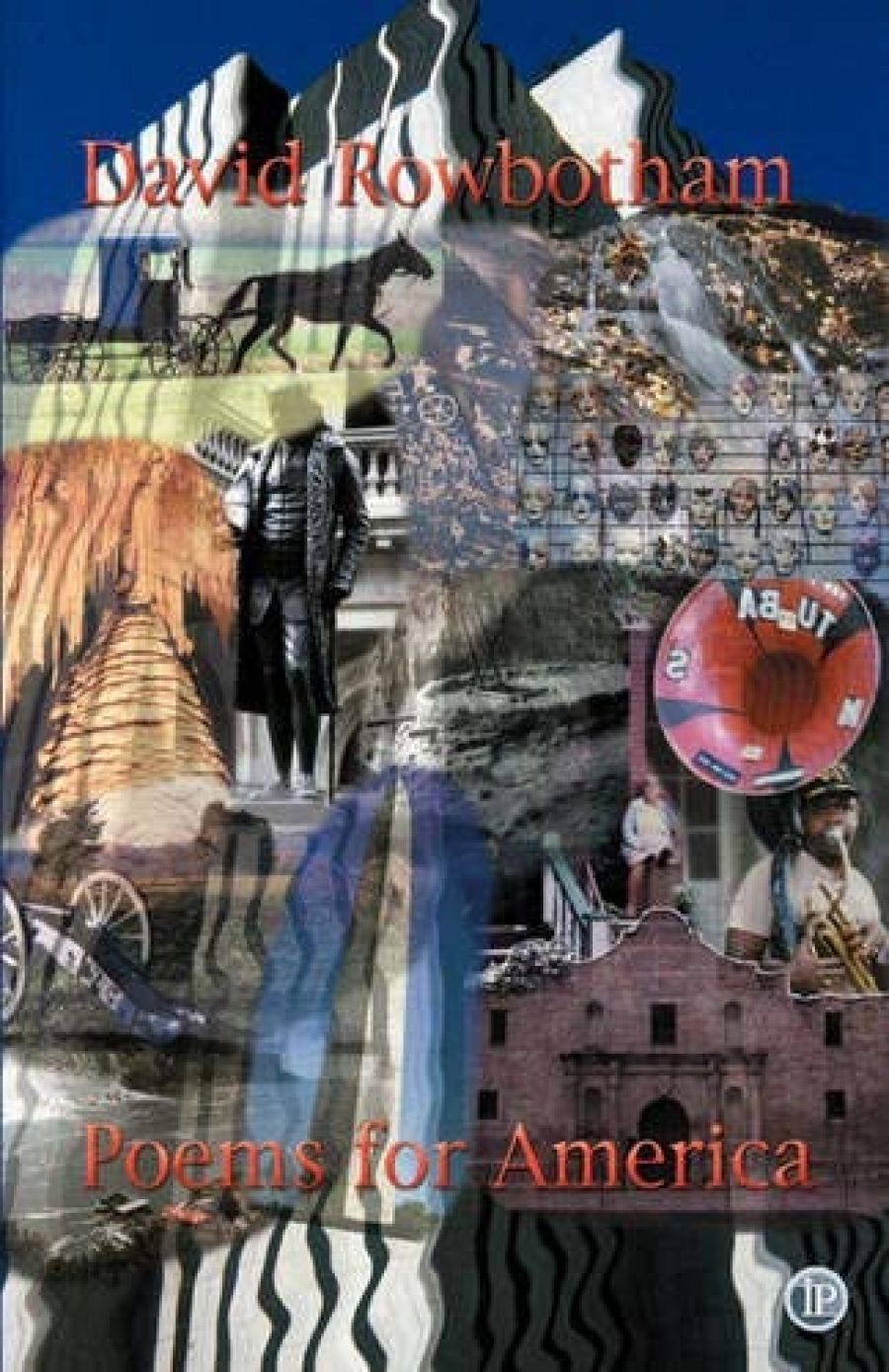
- Free Article: No
- Contents Category: Poetry
- Review Article: Yes
- Article Title: No time to waste
- Online Only: No
- Custom Highlight Text:
David Rowbotham is a Queensland poet whose first book was published nearly fifty years ago. His career has a shape that is often found in the arts: a quiet figure whose work is politely rather than rhapsodically received, and whose reputation grows almost by a process of attrition until, eventually, he is one of the few of his contemporaries left standing. It often comes about that a consistent, undemonstrative style, adhered to religiously, itself becomes an important statement, to be rediscovered by a new generation of contemporaries. But this is not quite what has happened in Rowbotham’s case, because his books have changed continuously. He began writing as a young man, returned from the war, discovering for the first time the place in which he had grown up: Ploughman and Poet (1954) may be Bulletin in style, but it is a complex book, and the central oppositions between city and Darling Downs, between manual labour and poetry, remain compelling.
- Book 1 Title: Poems for America
- Book 1 Biblio: Interactive Press, $22 pb, 80 pp
That night jungleweight
swayed with unlocked rock and we held tight
to the tentpole we’d long dreamt of letting go,
never dreaming the stampedes of homesteads
between glass fingers to the seabeds;
never dreaming the lasso we’d be galloping to.
(‘The Glass of Alamogordo’)
A reader’s initial impression is likely to be that everything about the book suggests haste: its design is unattractive, and the poems are often concluded by random glosses that are sometimes as confusing as the poem they are meant to illuminate. But there is a profounder haste. As the author’s foreword (itself hectic and almost breathless) states, in speaking of nearing eighty, ‘I have no time or words to waste’. This deeper haste probably accounts for the pressure that leads to compression, which in turn often explains the riddling nature of the poems. It is a difficult book to read casually. It demands a lot of interpretative energy from the reader, but the reward is that poems such as ‘After the First Great War’, ‘Ballad to the Dogs of Old Tyrone’ and a number of others embed themselves in the memory.
The first dozen or so poems make up a complex sequence, from which the book’s title derives. It is an involved meditation on the USA and its factual and mythological history. The sequence is full of opinion, but it doesn’t simplify or preach. It is also a personal story, and the poet’s life is intimately involved, although the biographical level is much more shadowy. It seems wholly typical that the poem dealing with the native myth of Red Wing and White Horse, for example, should conclude with the popular song that Rowbotham recalls his mother singing to him. The sequence also has a very involved structure: these are poems replete with motifs that sometimes appear in the later poems of the book: bears, waterfalls, logs, and melted sand, to name a few.
Many of these later poems deal with the theme of Australia’s settlement, sometimes in generalities (there is a wonderful small poem, ‘The Shadows of Brisbane’, in which the dead rise and go home ‘to the cold wold and the fen’ in a kind of reverse migration), and sometimes – as in ‘Ballad to the Dogs of Old Tyrone’ – with a strong biographical edge. But war, Rowbotham’s defining experience, conceived historically, abstractly, or personally, is the most common subject. He is especially sensitive to the fact that his own generation is dying. In ‘Rogue Moon’, he describes how ‘Dying and difficult old men, the last / of their century, the war’s age, shake sticks and boast. / They wish to relive the stories their powers made.’ Even an ostensibly historical poem such as ‘After the First Great War, c.1270–1260 BC’, a complicated meditation based in the myth of the Trojan War, speaks of how continuous war ‘sent home heroes no Ithaca knows, / among those dying now’.
Rowbotham’s poems have always been more complex than his reputation suggests. It would be a tragedy if readers allowed themselves to be repelled rather than challenged by the difficulties of the poems in this important book.


Comments powered by CComment